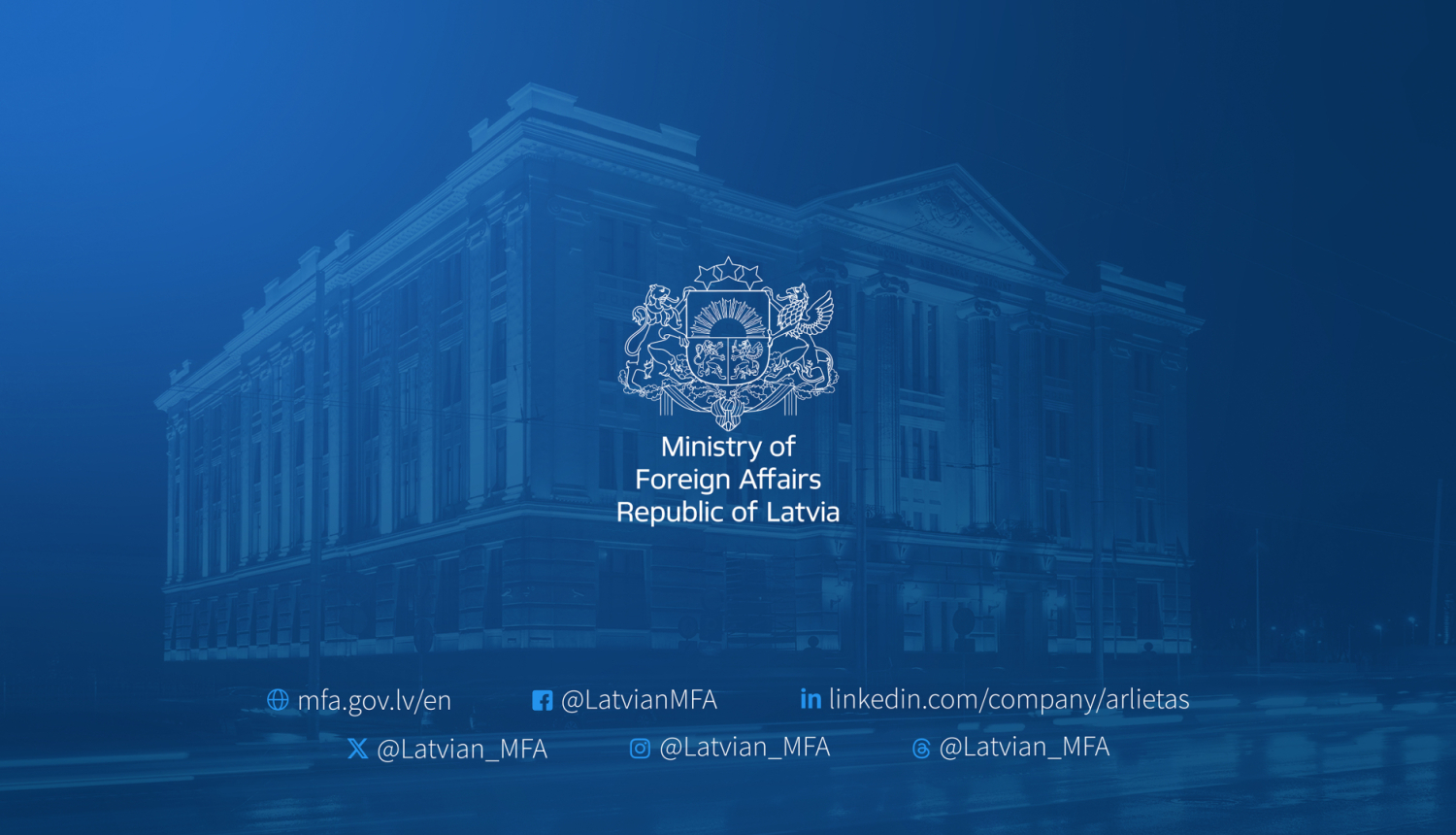On 3 July 2025 in Geneva, the United Nations Human Rights Council will hear a report by the UN High Commissioner for Human Rights, Volker Türk, on the situation of human rights in Ukraine. In addition, the UN Secretary-General’s interim report on the situation of human rights in Crimea and other temporarily occupied territories of Ukraine will be presented.
The Office of the High Commissioner for Human Rights (OHCHR) has identified an increasing number of attacks carried out by Russia targeting Ukrainian civilians, in particular through the use of short-range drones to deliberately pursue and intimidate civilians. As a result, many people – mainly older persons and persons with disabilities – live in fear for their lives when outside, often unable to access food, hygiene products, medical care, or work.
The UN Secretary-General’s report confirms that Russia continues to promote the russification of occupied Ukrainian territories by coercing residents into obtaining Russian citizenship, altering school curricula to instil Russian patriotism, and banning any public expression of support for Ukraine. Prisoners of war in the occupied territories face serious human rights violations, including violence, enforced disappearances, sexual abuse, unfair trials, and lack of medical care and food.
The presentations and discussions will be streamed live on UN Web TV. The session is scheduled to begin at approximately 3 PM Geneva time on 3 July.
The OHCHR report, covering the period from 1 December 2024 to 31 May 2025, is based on the information collected by the UN Human Rights Monitoring Mission in Ukraine (HRMMU). During the reporting period, conflict-related violence killed 968 civilians and injured 4,807 – an increase of 37% compared to the same period last year. In particular, there has been a notable rise in the number of drone attacks on civilians over the past year. These drones are equipped with video cameras capable of clearly identifying civilians from military targets. The report documents instances where, despite clear visual identification, Russian military personnel deliberately targeted private vehicles, passenger buses, ambulances, and unarmed persons in civilian clothing. Such deliberate attacks violate international humanitarian law and constitute war crimes.
The report also records Russian attacks on operational hospitals and energy infrastructure, and describes incidents where Russia has recruited Ukrainian children and adolescents for espionage and sabotage missions, leading to the deaths while carrying out their assigned tasks.
Prisoners of war have been subjected to torture and other ill-treatment, including severe beatings, electric shocks, dog attacks, suffocation, sleep deprivation, mock executions, and various forms of sexual violence – including rape, forced nudity, and other degrading treatment.
Russian occupation authorities have accelerated efforts to expropriate residential property in occupied Ukrainian territories, issuing notices concerning over 16,000 properties. These notices require owners to personally prove their ownership within 30 days – something many are unable to do due to lack of information, fear for their safety, or outright denial of access to the occupied regions.
The UN Secretary-General’s interim report, covering the period from 1 July to 31 December 2024, reaffirms that Russia, as an occupying power, is acting contrary to international law. Ukrainian citizens are being forced to adopt Russian citizenship and are conscripted into Russia’s armed forces. Civilians are being deported to the territories inside Russia. Freedom of expression and religion is restricted, and human rights defenders, lawyers, and members of civil society are being persecuted, surveilled, and harassed. The right to education is not protected; instead, Ukrainian children are being subjected to militarisation and indoctrination against their own country.
Both reports conclude that Russia has committed numerous violations of international human rights law and international humanitarian law. These violations and abuses have not been investigated and prosecuted, as Russian legislation effectively grants immunity to perpetrators of human rights violations. The UN High Commissioner and the Secretary-General issue 27 recommendations to Russia, including: to immediately cease the aggression and withdraw all armed forces from the entire territory of Ukraine; to halt to executions, torture, and sexual violence against prisoners of war and civilians; to fully respect and protect the human rights and fundamental freedoms of Ukrainian citizens in occupied territories of Ukraine; and to investigate all human rights violations and prosecute those responsible.
Relevant Reports (in English):




